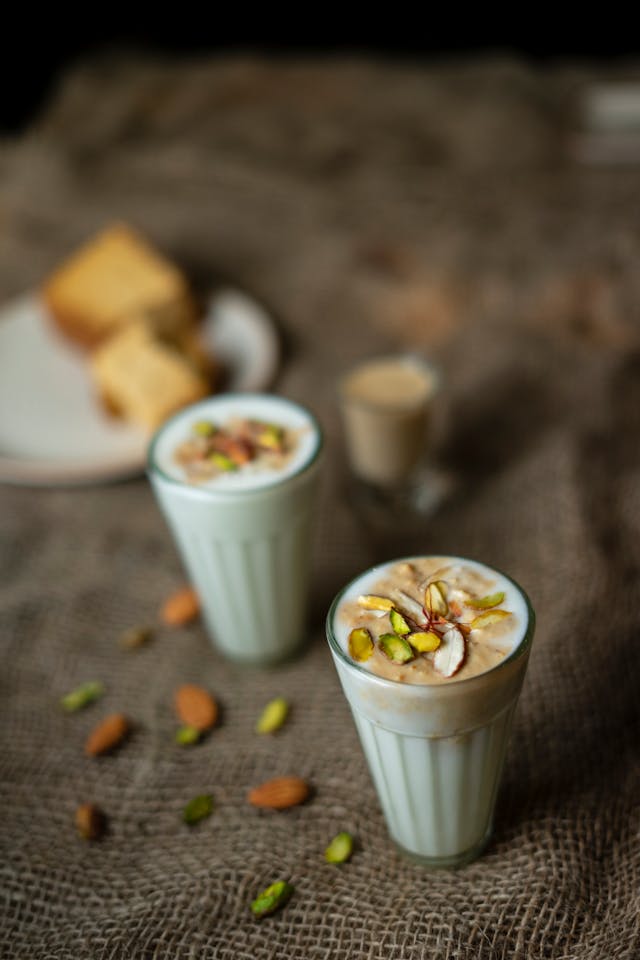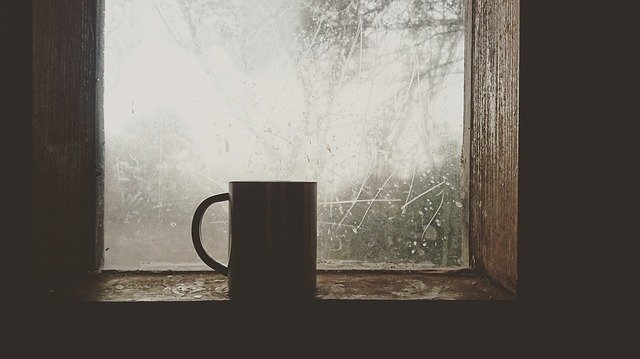India, especially New Delhi, where I hail from, wears a lovely hue this time of the year. The busy capital city decides to slow down. It wipes the sweat of its forehead just like the people who inhabit it. It dresses up to welcome winter. Dubai too enters a similar phase at almost the same time. Festive and pleasant vibes fill up the air. It’s Diwali; the message is loud and clear, in both the lands. Yet, the NRI (Non-Resident Indian) Diwali leaves one wondering what’s missing? Something is, though it may be tough to pinpoint.
For, Diwali as an expat is like a big, fat Indian wedding. It goes beyond the said date. Fortunately, it’s falling on a weekend this year, and will go on to be celebrated on many coming Thursdays-Fridays-Saturdays too.

It’s an emotion that is hard to put a label on.
It’s not sheer nostalgia. It’s an emotion that is hard to put a label on. It’s the busy vibe — the traffic jams on the roads, the piles of laddoos balancing on the thalis at mithai shops, and even the ‘say no to crackers’ campaign for our sake and that of our pets. Or maybe it’s just about being carried away by what’s happening around us.
People have been cleaning homes, whitewashing them, making colourful rangolis, decorating homes with lights of all colours, installing new idols of Lakshmi and Ganesha in place of the old ones and praying to the idols by reciting aarti.
When little boys & girls sell diyas.
In every lane in a busy neighbourhood, little boys and girls sell diyas. They grab any available spot and place their wicker baskets full of small, medium, and large-sized diyas. Their entrepreneurial spirit can put one to shame, come winter — they move on to selling roasted corn (bhutta) at the same spots, followed by convincing you to buy the Indian flag (at traffic signals) on Republic Day. They bargain well and you end up buying more than what you need, each Diwali. A sibling of this young vendor tempts you to buy the cotton wicks next. You give in. Of course, the narrow, hidden lanes in Bur Dubai and shops like Al Adil, Madhoor Supermarket and even Lulu and Choitram sell diyas too. But, when they punch in the purchase the bill labels it as an earthen lamp. Is it that bothers one?
Henna artists tell you the rate per hand, design specific, front and back.
Mehendi artists sit on tiny pews in clumsy rows. Henna cones in hand and poor-quality mehendi design books on the floor. A few even have picture albums. They tell you the rate per hand – front and back. Full hand or a bel, they ask. Arabic designs are an option too, as is glitter and black mehendi. They offer you the post-mehendi colour tips — apply a mix of lemon and sugar — you listen carefully as though it is your first time. In Dubai, salons all across the city offer henna services. A henna artist can also drop by to the comfort of your home. As you get your hands Heena’ed, you’re reminded of sitting awkwardly on the pew in a big crowd and it makes you giggle!

Is it gifting the large box of the regular and boring Kurkure or Cadbury’s that add to the celebrations?
Around you are shopkeepers keen to make the most of the festival. Dry fruits and cookies loaded in poor-quality tin boxes, plastic containers, and new-age gift bags overcrowd the counters of every shop. They take up space outside too. Makeshift shops crop up, where everyone ends up buying the same packs of juices, chocolates, and namkeens, yet no one minds receiving them. Is it gifting the large box of the regular and boring Kurkure or Cadbury’s that add to the celebrations?
Mums make the loveliest of sweets. Period. Mum says khoya is an important ingredient in the mithai.
In your Dubai home, you decide to make your own mithai, the special one. Just one, the rest comes in from multiple sweet shops in the city. The likes of Puranmal and Bikanerwala come close to the authentic taste, you are told. Your mum shares the recipe of the special sweet with you and guides you on Skype as you prepare it; yet, it doesn’t taste as good. Mums make the loveliest of sweets. Period. Mum says khoya is an important ingredient in the mithai. Is there an English name for it, you ask — you need to know to be able to explain it correctly to the shopkeeper. No, it’s not Rainbow Milk or Condensed Milk, you repeat. When you draw a Rangoli outside your home, curious neigbours click pictures of your work — made with rice, colour, and flowers. They share it on Instagram and call it #colourful #artwork, as you tell them the emotion behind it lies in calling it Rangoli, only Rangoli. You step outdoors and count the number of homes with fairy lights — it gives you an idea about the number of Indians in your neighbourhood. You smile, exude pride. The city lights up as bright as the Burj.

For, Diwali as an expat is like a big, fat Indian wedding.
As I pen this down, we’re in the middle of celebrations. For, Diwali as an expat is like a big, fat Indian wedding. It goes beyond the said date. Fortunately, it’s falling on a weekend this year, and will go on to be celebrated on many coming Thursdays-Fridays-Saturdays too. We will slip into our Indian wear and fill up diyas with clarified butter; some may refer to ghee so. We’ll sigh, maybe. We’d use tea-lights from IKEA, home Center, etc. too and have a lovely time. There’ll be delectable meals also.
We will celebrate the NRI Diwali.
There’s nothing that I don’t like about the NRI Diwali or want to change. It looks and feels colourful and warm. It’s as beautiful and bright as the one back home. It’s mine now, but it’s different from Diwali — I am certain of that.
Here’s wishing you light, love, and luck.
(Images: Purva Grover)
From Metros to Main Streets: Diwali in the UAE

Diwali brings together millions in the UAE, fostering warmth and joy among diverse communities. With over 3.3 million Indians calling the UAE home, this celebration transcends cultural boundaries. This year, FNP.ae, Middle East’s premier gifting platform, stands ready to celebrate Diwali in the UAE, brings indulgence to Diwali with a range of gourmet delights perfect for sharing with loved ones. From the delicate sweetness of Saffron Kaju Katli to the rich, comforting taste of Desi Ghee Laddoos, Chocolate-Coated Gulab Jamuns, and Rasmalai Laddu Cake, FNP’s selection promises to light up any festive table. “Diwali has found its home in the UAE, a country known for its hospitality and cultural embrace. From the bustling metros to the vibrant streets, the festival is celebrated in every corner, with people visiting each other’s homes, exchanging gifts, and partaking in traditional festivities. Diwali is a season for togetherness, and at FNP, we’ve curated gifts that reflect this sentiment. Our collection isn’t just about products; it’s about experiences that bring people closer, no matter where they come from,” said Rajesh Kumar, CEO of GCC & SEA at FNP.






